The IB Internal Assessment—just hearing those words can stir up a mix of feelings in any IB student, ranging from slight nervousness to complete panic. But don’t worry, future scholars! The IA isn’t some terrifying monster to defeat. Instead, it’s an opportunity to demonstrate your critical thinking, analytical abilities, and enthusiasm for your subject. This guide, based on years of supporting students in mastering their IAs, will provide you with the strategies and confidence to tackle this task successfully and come out on top.
1. Choosing Your Topic: The Foundation of Success
Don't just pick a topic; fall in love with one. The IA is a marathon, not a sprint, and genuine interest will fuel your motivation. Think about what sparks your curiosity within your subject. Is it the psychological impact of social media? The economic implications of fair trade coffee? The mathematical elegance of fractals? Narrow down your interest to a specific, researchable question. For example, instead of "Social Media and Psychology," consider "The Correlation between Instagram Usage and Body Image Satisfaction in Teenagers."
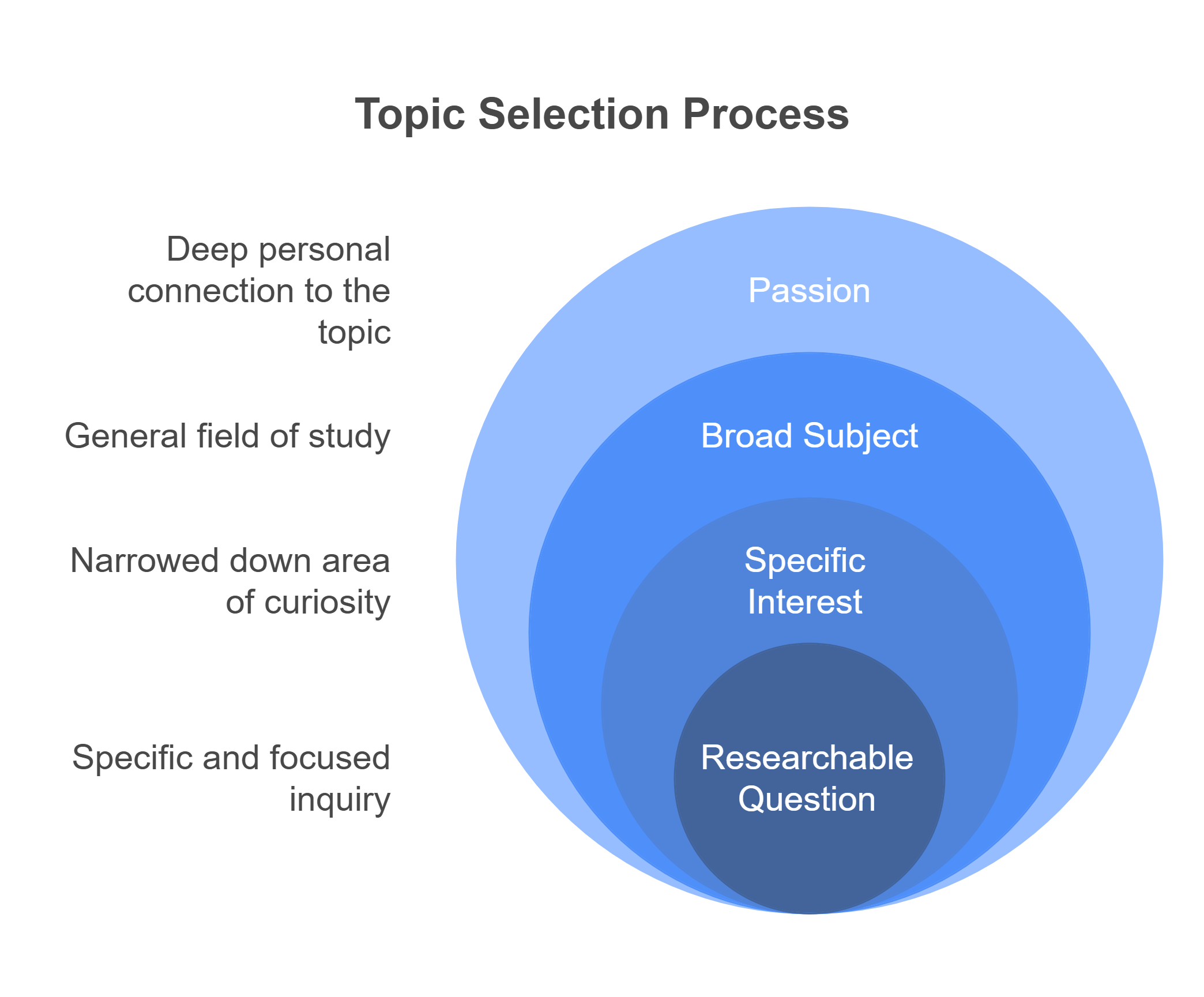
2. Crafting a Research Question: Sharpening Your Focus
Your research question is the compass guiding your entire IA. It needs to be clear, concise, focused, and most importantly, researchable. Aim for a question that allows for in-depth exploration and analysis, not just a simple yes or no answer. Imagine you’re a detective solving a mystery – your research question is the case you’re cracking.
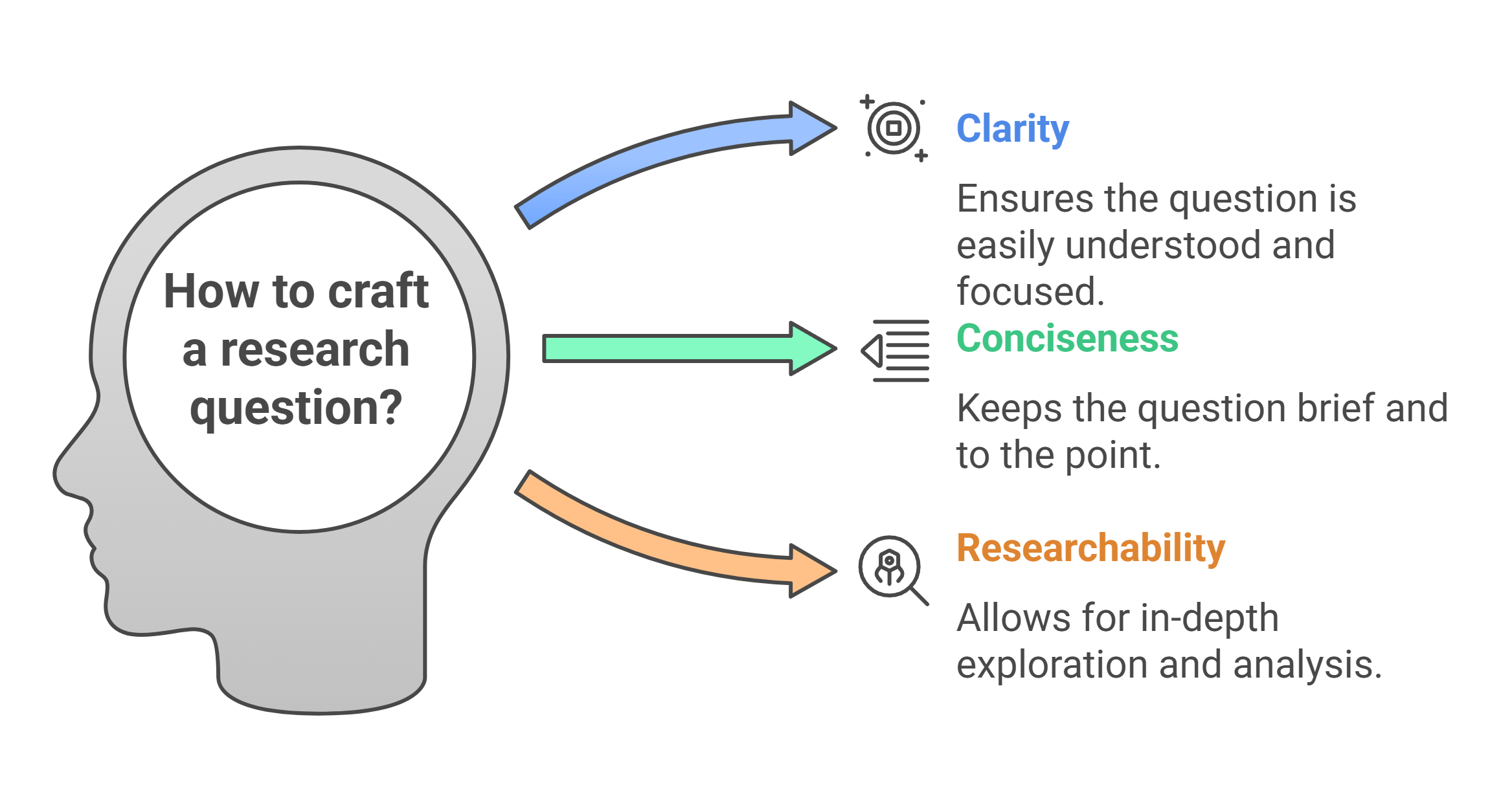
3. Methodology: Building a Solid Framework
This is where you lay out your plan of attack. How will you gather your data? Surveys? Experiments? Analysis of existing texts? Be precise and methodical. Imagine yourself defending your approach to a skeptical jury – you need to be convincing and thorough. Clearly explain your chosen methods, justify their relevance to your research question, and address potential limitations.
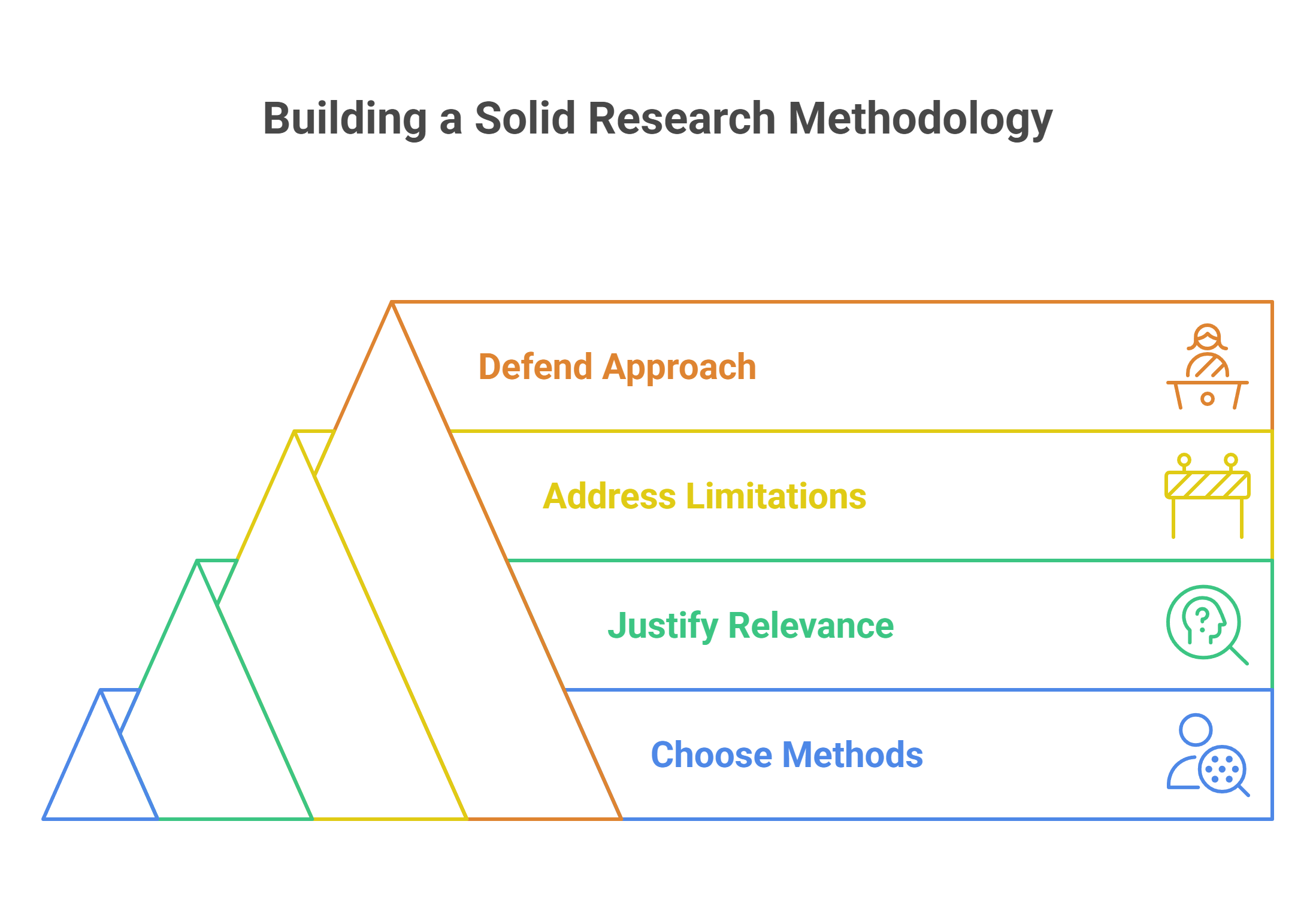
4. Data Collection and Analysis: Unearthing the Evidence
Now comes the exciting part – gathering your data! Be meticulous in your record-keeping. Organize your data in a way that makes analysis straightforward. Once collected, dive into the analysis. Look for patterns, trends, and anomalies. Use appropriate analytical tools – statistical tests, thematic analysis, close reading – depending on your subject and methodology. Remember, analysis is not just about summarizing; it’s about interpreting and drawing meaningful conclusions.
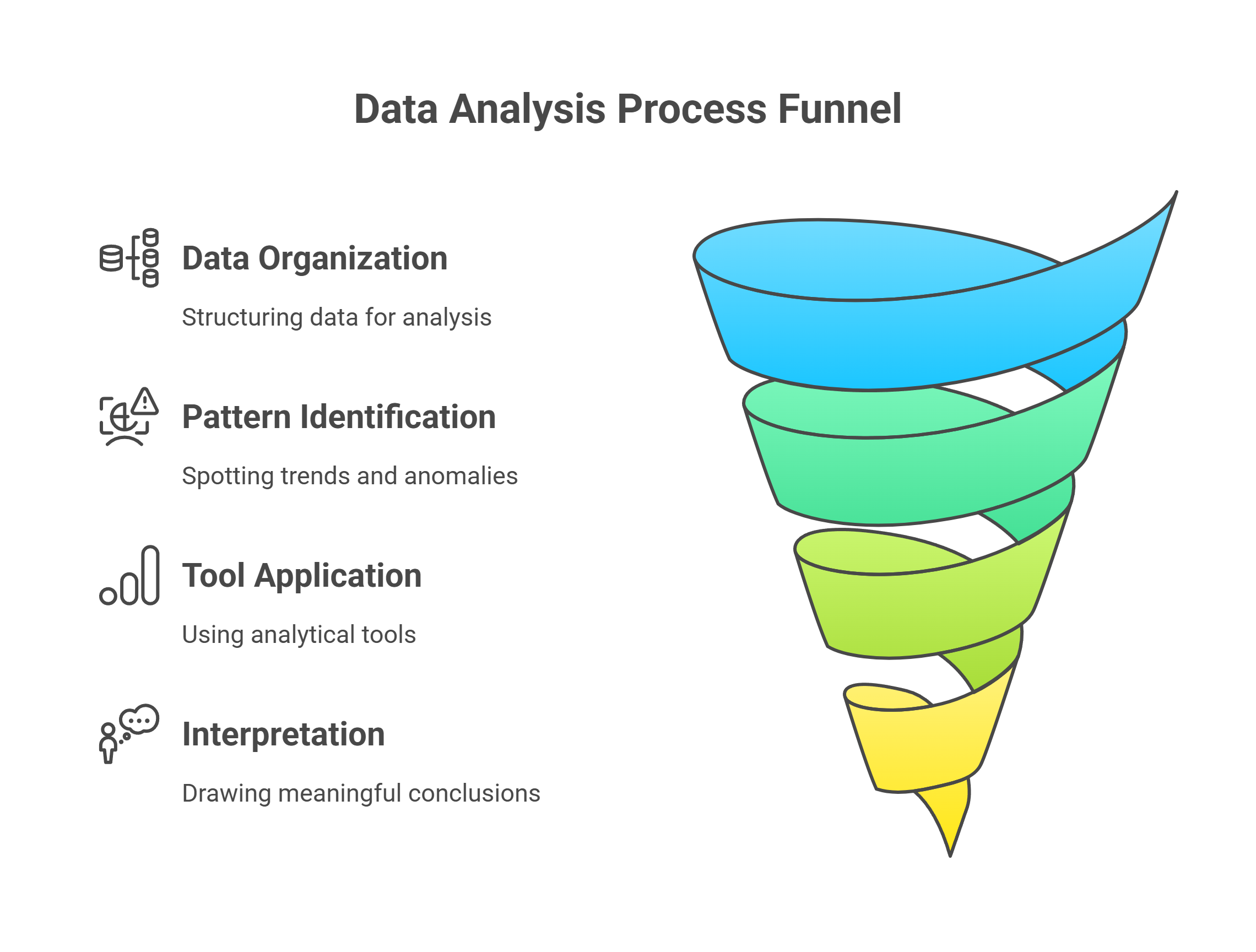
5. Evaluation: Reflecting on Your Journey
This is where you step back and critically assess your own work. Did your methodology effectively address your research question? Were there limitations that impacted your findings? What could you have done differently? Honesty and insightful reflection are key here. Think of it as writing a director's commentary on your own academic film.
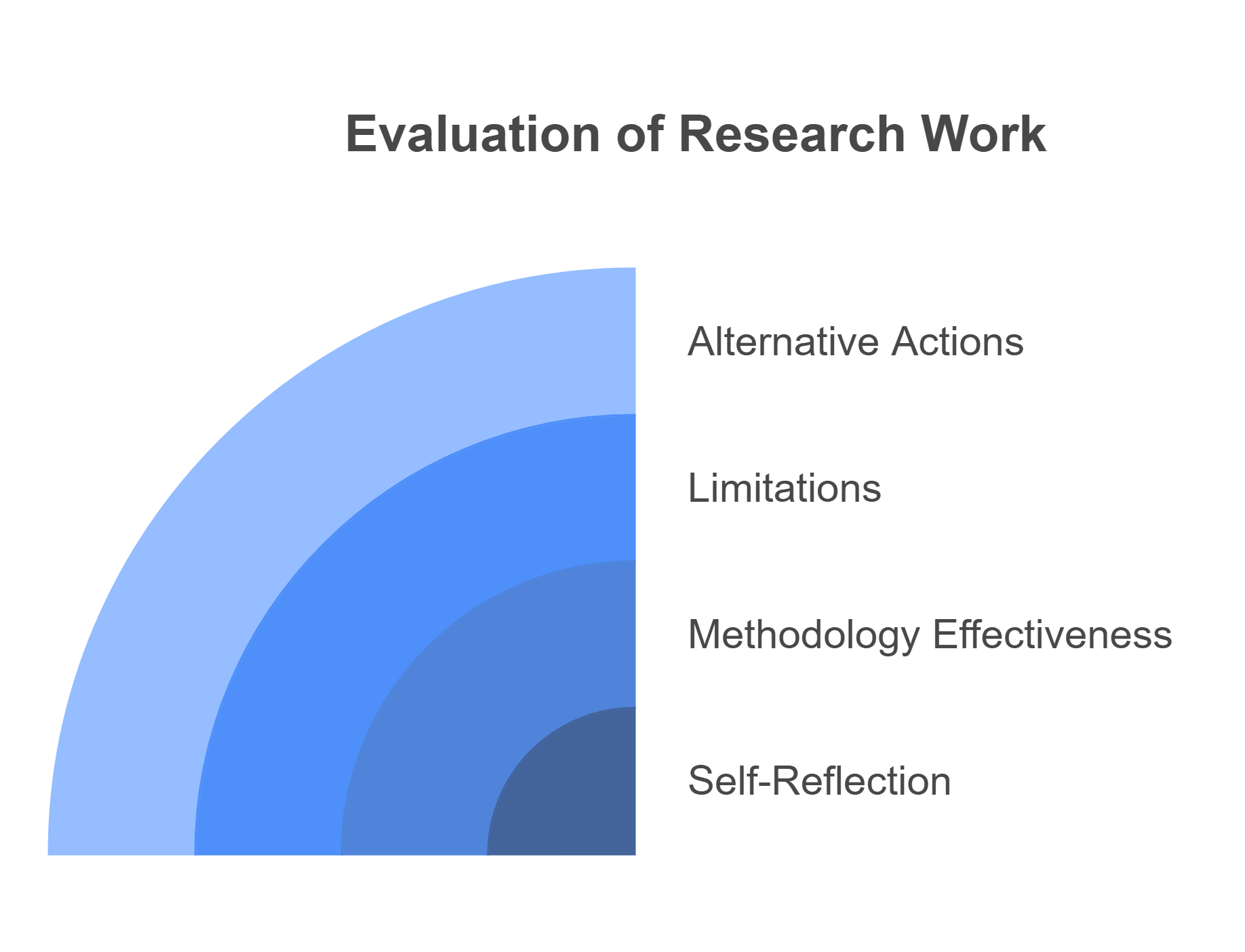
6. Writing it Up: Bringing it All Together
Structure is paramount. A well-organized IA flows logically from introduction to conclusion. Use clear headings and subheadings. Write in a formal, academic style, but let your passion for the topic shine through. Back up every claim with evidence and cite your sources meticulously.
- Introduction: Set the scene, introduce your research question, and outline the scope of your investigation.
- Methodology: Detail your research methods and justify your choices.
- Data Collection and Analysis: Present your findings clearly and analyze their significance.
- Evaluation: Critically assess your research process and identify areas for improvement.
- Conclusion: Summarize your key findings and answer your research question.
- Bibliography: List all sources used in a consistent format.
- Appendices: Include any supplementary materials, such as raw data or interview transcripts.

Conclusion: From Aspiring to World-Class
Crafting a world-class IB IA is a demanding but ultimately rewarding experience. It's a journey of intellectual discovery that will not only boost your IB score but also develop invaluable skills in research, analysis, and critical thinking. So, embrace the challenge, follow these steps, and unlock your academic potential. The world awaits your insights.
















